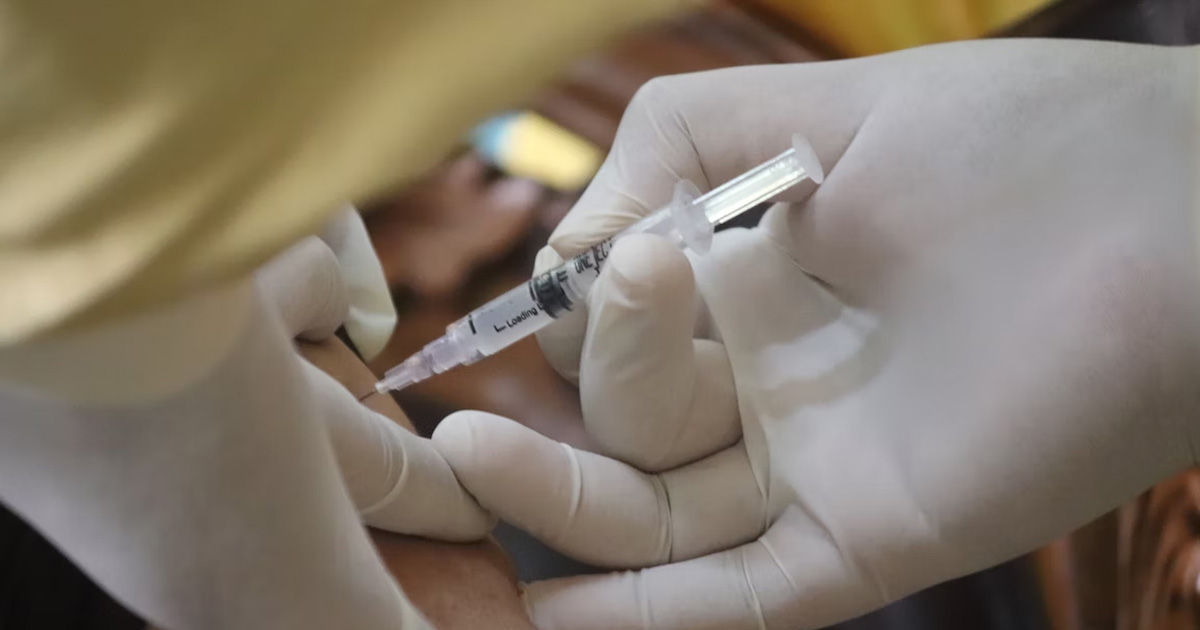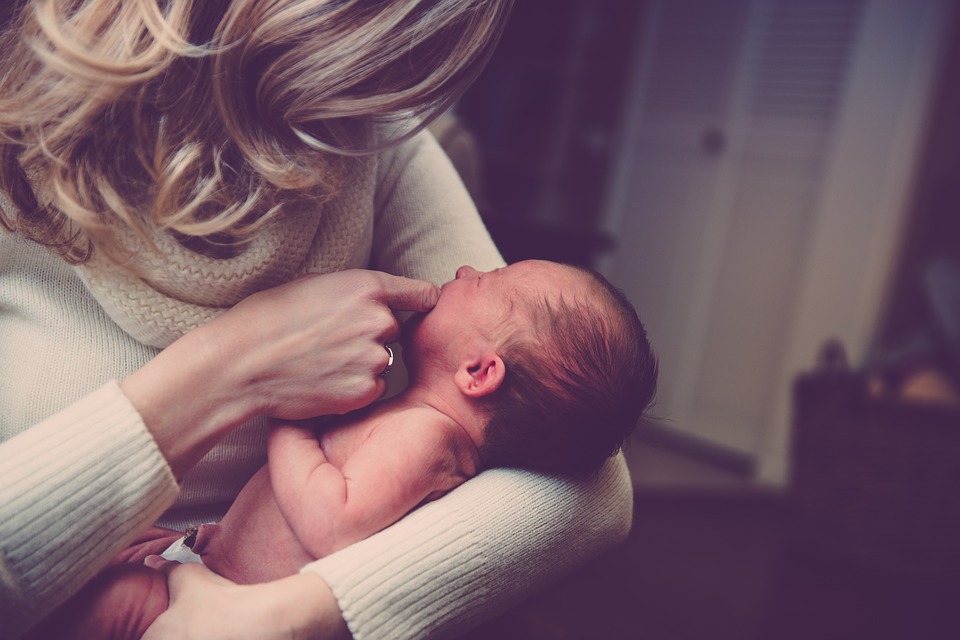Search
Research
Pragmatic Adaptive Trial for Respiratory Infection in Children (PATRIC) Clinical Registry protocolAcute respiratory infections (ARI) are the most common cause of paediatric hospitalisation. There is an urgent need to address ongoing critical knowledge gaps in ARI management. The Pragmatic Adaptive Trial for Respiratory Infections in Children (PATRIC) Clinical Registry will evaluate current treatments and outcomes for ARI in a variety of paediatric patient groups.
Research
In Vivo Evidence of Respiratory Syncytial Virus Persistence in a Subset of Pulmonary Dendritic Cells Following a Primary InfectionRespiratory syncytial virus (RSV) causes annual epidemics of infections affecting the whole population. In vitro, it has been shown to infect and persist in human dendritic cells (DCs) for prolonged periods. Initially persistence is associated with low levels of replication before the virus becomes dormant. Reactivation of viral replication can be triggered many months later.
Research
Clinical outcomes and severity of laboratory-confirmed RSV compared with influenza, parainfluenza and human metapneumovirus in Australian children attending secondary careAcute lower respiratory infections (ALRIs) are a major contributor to the global infectious disease burden and a common cause of hospitalisation for children under 2 years. We compared clinical severity in children hospitalised with respiratory syncytial virus (RSV), parainfluenza virus (PIV), human metapneumovirus (hMPV) and influenza virus (IFV).
Research
Head-to-Head Comparison Between Respiratory Syncytial Virus and Human Metapneumovirus Bronchiolitis in the Setting of Increased Viral TestingWe compared the epidemiology, severity and management of hospitalized respiratory syncytial virus (n = 305) and human metapneumovirus (n = 39) bronchiolitis in a setting with high respiratory virus testing (95% of admissions tested). Respiratory syncytial virus-positive infants were younger and tended to require more hydration support and longer hospital stays compared to human metapneumovirus-positive infants. Respiratory support requirements were similar between groups despite significant age differences.
Research
Pseudomonas aeruginosa modulates neutrophil granule exocytosis in an in vitro model of airway infectionA population of neutrophils recruited into cystic fibrosis (CF) airways is associated with proteolytic lung damage, exhibiting high expression of primary granule exocytosis marker CD63 and reduced phagocytic receptor CD16. Causative factors for this population are unknown, limiting intervention. Here we present a laboratory model to characterize responses of differentiated airway epithelium and neutrophils following respiratory infection.
Research
Developing a prediction model to estimate the true burden of respiratory syncytial virus (RSV) in hospitalised children in Western AustraliaRespiratory syncytial virus (RSV) is a leading cause of childhood morbidity, however there is no systematic testing in children hospitalised with respiratory symptoms. Therefore, current RSV incidence likely underestimates the true burden.
Research
“We've wanted to vaccinate against it and now we can”: views of respiratory syncytial virus disease and immunisation held by caregivers of Aboriginal children in Perth, Western AustraliaRespiratory syncytial virus (RSV) is a major cause of respiratory infection with a higher burden in Aboriginal and Torres Strait Islander infants and children. We conducted a pilot qualitative study identifying disease knowledge and willingness to immunise following the changing immunisation landscape for infant RSV in 2024.

News & Events
RSV vaccine for pregnant women provides protection for babies: studyA world-first study has found a new vaccine against potentially deadly respiratory syncytial virus (RSV) is safe and effective for use in pregnant women, to help protect their babies.

News & Events
Global study finds human air travel culprit for RSV variant spreadGlobal circulation of respiratory syncytial virus (RSV) is shaped by human air travel with travellers hosting new strains fuelling transmission across borders, an international The Kids Research Institute Australia study found.

News & Events
RSV prevention finally in reach after 20 years of research at The Kids Research Institute AustraliaWorld-first immunisations providing protection against deadly respiratory syncytial virus (RSV) could be just months away thanks to global research efforts spanning multiple decades.
